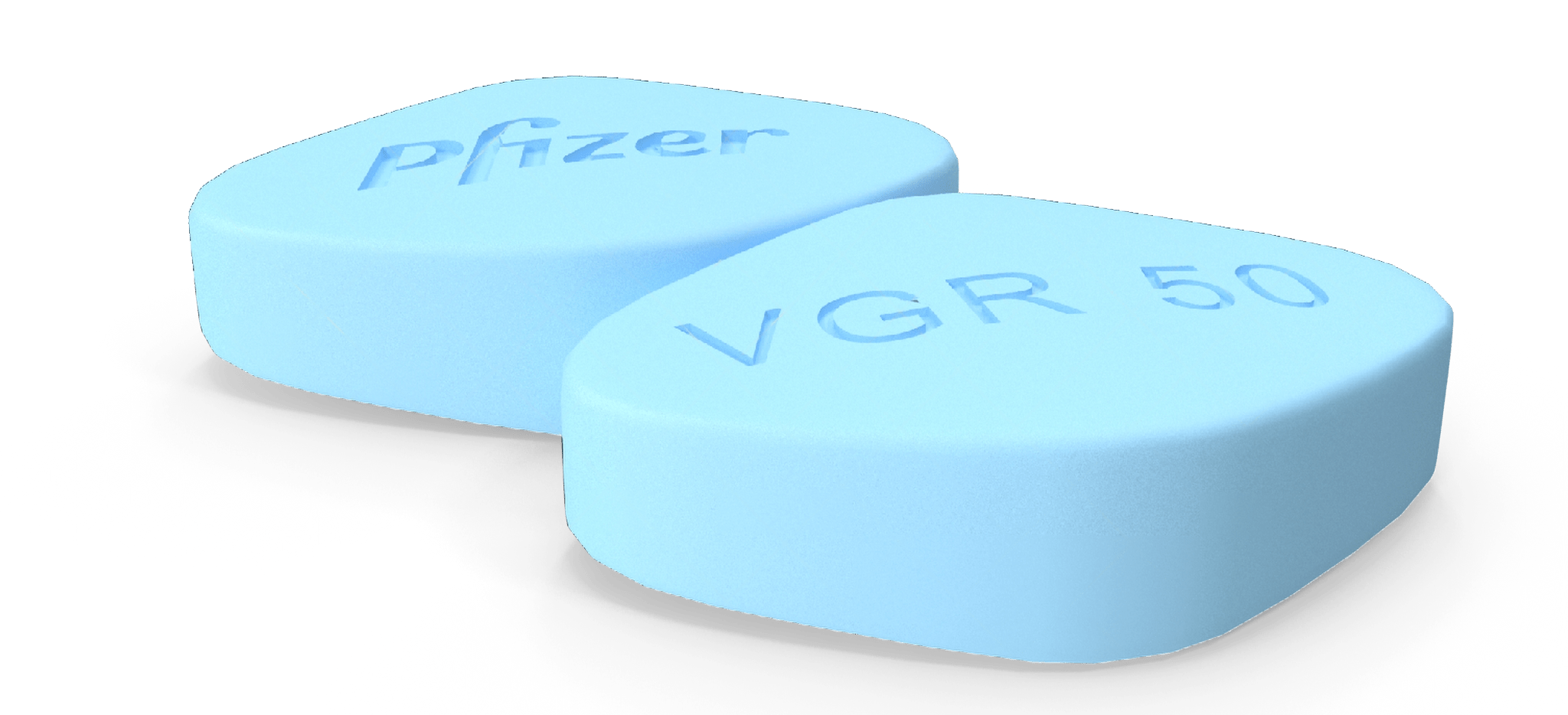What is Erectile Dysfunction? Symptoms, Causes and Treatments
Erectile dysfunction, or ED, is a common condition that affects men. While it can be a serious condition, there are many treatments available to help men overcome it. In this article, we’ll cover some of the causes, symptoms, and treatments.
Symptoms
Erectile dysfunction is a condition that causes a man to have difficulty getting or maintaining an erection. There are a variety of causes of erectile dysfunction, and it is not always a serious problem. But if you experience frequent erection problems, you should see a doctor.
One of the most common causes of erectile dysfunction is vascular disease. Symptoms of erectile dysfunction can include shortness of breath with exercise, poor circulation in the legs, and chest pain. The most severe cases may require surgery.
Other causes of erectile dysfunction include high blood pressure, diabetes, and certain medications. A cardiologist can run a number of tests, including a urinalysis, to determine the underlying cause. If you have erectile dysfunction, your doctor can help you develop a treatment plan.
When you have erectile dysfunction, you are likely to have less desire to be intimate and be unable to satisfy your sexual partner. This can cause emotional distress. You may feel like you’re not good enough or that you’re not worthy of sex. You may also have suicidal thoughts.
Causes
If you are experiencing frequent erection loss, you may have an underlying health issue. You should discuss your situation with your doctor. Your doctor will run a medical exam and blood tests to find the underlying cause of your erectile dysfunction. The underlying cause can be an illness or psychological condition.
The most common underlying medical conditions are heart disease, diabetes, and high blood pressure. These can affect the blood vessels and nerves that control sex function. Depending on the cause, your doctor may recommend medication, surgery, or therapy.
In some cases, a venous leak, or a clogged artery, can also lead to erectile dysfunction. This occurs when the smooth muscle surrounding the veins becomes damaged. You can treat this by consuming colorful fruits and vegetables, which will help improve the blood vessel lining.
Other causes include injuries, bowel surgery, and prostate cancer. You can improve blood flow to the penis with a healthy lifestyle. If you’re overweight, you may be at risk for atherosclerosis, which can reduce blood flow to the penis.
Treatments
Erectile dysfunction treatments are used to treat the physical symptoms of impotence. They can range from medication, to implants, to sex therapy. It is important to find the right treatment for you.
If your partner or you have been experiencing problems with your erection, see your doctor. They can conduct a medical history to determine if there are any other underlying health conditions. They can examine your genitals and prostate.
Men who have diabetes are more likely to develop erectile dysfunction. This is due to the hardening of the arteries, which can occur before symptoms of erectile dysfunction are evident. The problem with erectile dysfunction is that it can become a symptom of a more serious condition, such as heart disease.
It can be a difficult thing for a partner to accept when one of their own is struggling with erectile dysfunction. It can affect both the relationship and the self-confidence of a man. However, it is generally treatable.
Nocturnal penile tumescence (NPT) test
Nocturnal penile tumescence (NPT) is a test that can help diagnose erectile dysfunction. The test is often used in conjunction with injection cavernosometry and ultrasound. Aside from confirming erectile dysfunction, the test can also be helpful in determining the etiology of the problem.
This type of testing is usually conducted two to three nights in a row. The test involves the use of a buckling device that is fitted on the tip of the penis. When erection occurs, the ring breaks. Then, a more sophisticated electronic monitor will collect additional information.
In addition to blood flow, NPT tests can detect other factors that affect erectile function. These include neurologic and physical problems. The erectile dysfunction may also be a result of emotional or psychological issues.
If the NPT test indicates that the erectile dysfunction is caused by a physical issue, the doctor may choose to prescribe vasodilator medications. These medications can also increase the blood flow to the penis.
What is Sildenafil Citrate?
Sildenafil citrate is a prescription drug used to treat erectile dysfunction in men. It works by inhibiting phosphodiesterase type 5 (PDE5), an enzyme that breaks down cGMP, a hormone that is secreted in the erectile tissue of the penis during sexual arousal. Taking sildenafil increases the flow of blood to the penis, which helps to generate an erection.
While the drug is effective for treating erectile dysfunction, it can also cause serious side effects. The most common adverse reactions include dizziness, headache, nausea, and indigestion. Other more serious effects of using sildenafil citrate include blood in the urine and unusual heartbeats.
If you take sildenafil citrate, you should be careful not to consume alcohol. Alcohol may cause the drug to work more quickly and increase the risk of adverse effects.
If you do not experience an erection within two hours, contact your doctor. You should not take sildenafil if you are pregnant, breastfeeding, or have a history of peptic ulcers.
Sildenafil is also used to treat pulmonary arterial hypertension, which is when blood vessels carrying blood to the lungs are narrowed. It is used to treat a condition that causes shortness of breath, dizziness, and fatigue.
When used as directed, sildenafil citrate is safe to use. However, it can cause serious, sometimes life-threatening, side effects. When you are first starting to take sildenafil, your doctor will need to adjust your dose. If you are already taking other PDE-5 inhibitors, your dose may need to be reduced.







